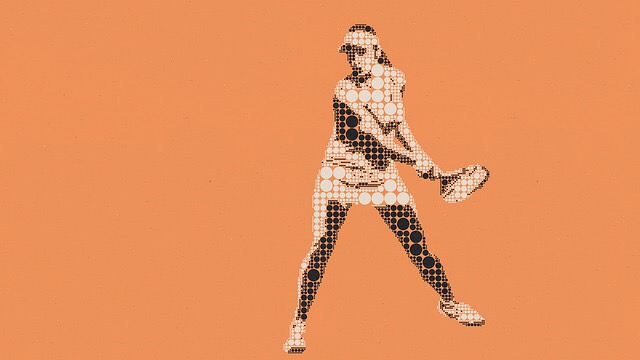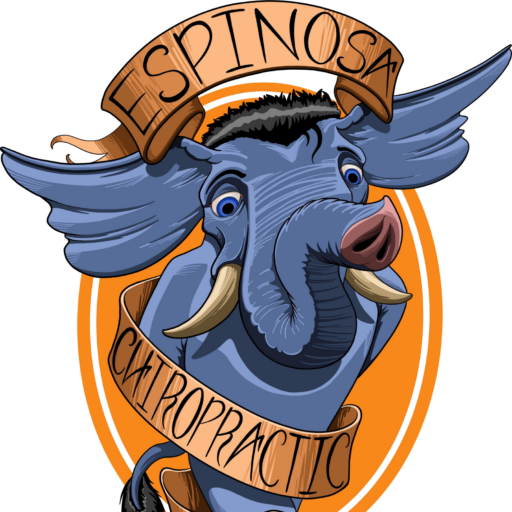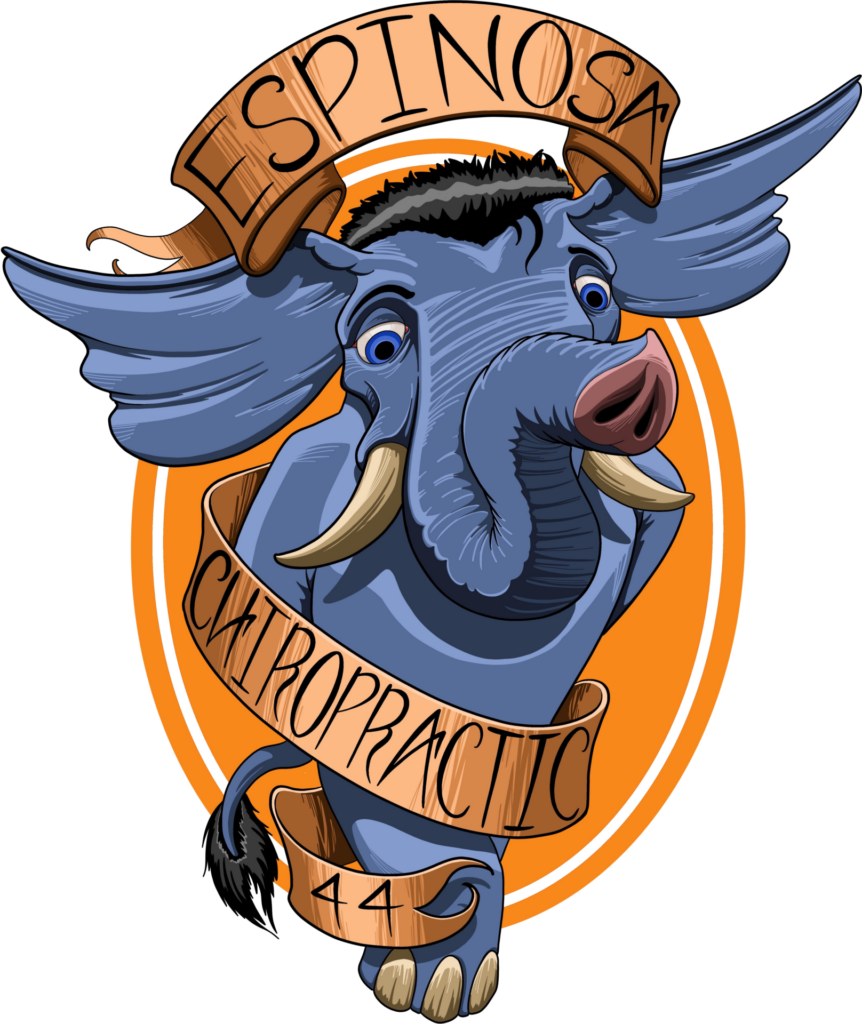Posts Tagged ‘chiropractor sacramento’
You Just Got Served: Chiropractic for Tennis Players

Is tennis as low-key as it seems?
Short answer: no. Though tennis is used by people of all ages to maintain a high level of fitness, it is generally considered a more gentle sport. But no matter the intensity that you play at, you are still performing a series of movements that cause unique stresses to your body. Lets take a look at the ways that tennis challenges your body, as well as a framework for treating your body that minimizes the risk for injury while maximizing performance on the court.
Tee it High and Let it Fly with Chiropractic

There is nothing like taking to the golf course on a sunny day.
Golf offers us the opportunity to maintain physical wellbeing while challenging ourselves mentally; it is a wonderfully social sport that gets us outside for hours. But as a physical activity, golf is much more involved than it is given credit for- as we will find, it actually presents our spines with myriad challenges that aren’t found in other sports. With a little dose of proactivity, you can keep spinal wellness high and derive maximum enjoyment out of this wonderful sport.
How You Can Benefit from Nonsurgical Decompression

Decompression is a powerful modality for treating back pain
In cases of severe spinal injury, in which the back pain is excruciating and omnipresent, surgical decompression therapy is used to alleviate pressure on the spinal cord or nerves. Because of the difficulty in determining the degree to which it will actually alleviate back pain, surgical decompression is a last-resort therapy. Nonsurgical decompression, on the other hand, is a form of motorized traction that changes the position of the spine to alleviate pressure in the spinal discs. At Espinosa Family Chiropractic, we use nonsurgical decompression to help people with the following conditions find relief:
- Persistent back pain
- Herniated discs
- Degenerative disc disease
- Facet joint syndrome
- Sciatica
Eating Effectively: The Mindfulness Approach

Too often our eating patterns fall victim to our busy lifestyles.
We alternate between starving and stuffing ourselves, which leaves our body craving unhealthy, filling foods that lack substantial nutritive qualities. Without adequate nutritional support, our bodies have no chance of maintaining a healthy equilibrium. Poor eating habits only contribute further to conditions including anxiety, depression, sleeplessness, poor cognitive function and spinal degeneration. We can turn the tables and use nutrition to our advantage by being mindful about our approach to eating.
Relax Your Back to Relax Your Mind

Mental and physical stress feed off of each other
The cycle is clear to see: mental stress causes your body to tense –> tense muscles pull your spine out of alignment and tend to spasm –> physical pain then adds an additional burden to your mental stress. Along the way, any number of other factors could be out of whack: from poor or stagnant circulation to pain-inducing posture. The end result is a less-happy, less-productive You, and a You who is in for a host of problems down the line if you don’t take steps to manage your stress.
You’ve Got That Groggy Feeling…Again

When it feels like you could stay in bed forever
A busy schedule demands that you wake up swinging. Unless you have your sleep life in check, mornings can become a haze of heavy-headedness. This can make it difficult, not to say unpleasant, to go about your morning routine. So many of us make coffee the first priority of the morning, which only perpetuates a cycle of physical and perceived dependence, not to mention interfering with our sleep down the line. Morning grogginess is a product of our lifestyles as much as it is a problem. Here are our steps for waking up right:
Sleep Tight Tonight with Chiropractic

How missing sleep hurts
Sleep deprivation is alive and well in our society. We are busier and more distracted than ever, and as a result we are sleeping less than ever. And that’s before we even question the quality of sleep that we are getting. Sleep deprivation, both in quantity and quality, affects us in the following ways:
- Impaired brain function: brain-body coordination, for example, is made more difficult
- Reduced cognitive ability: memory, creativity and problem-solving skills are impaired
- Heightened anxiety and depression: as well, our coping mechanisms deteriorate
- Worse immune function
- Metabolism affected: contributing to weight gain
- Elevated risk for cardiovascular disease: sleep deprivation has been linked to conditions including hypertension
So what do we do? More often than not, we reach for the coffee, which opens a whole other can of worms.
Cardio Exercise that Accounts for Back Pain

Cardio is one of the most important elements of managing back pain
For three main reasons:
- Circulation: by getting your blood flowing, oxygen and nutrients move to cells throughout the body that are in need of support as they attempt to repair and rebuild. Stagnation prevents this circulation from reaching so extensively; even 10 minutes of walking is enough to get your blood flowing more effectively.
- Endorphins: nature’s pain killers are yours for the free price of a 30 minute cardio exercise. A vigorous 30 minutes should see a release of endorphins into the blood stream that helps you perceive less pain.
- Managing body weight: your spine is supporting the weight of your upper body, which means that every pound over your target weight is contributing to spinal degeneration.
But not all cardio is good for back pain sufferers- anything that causes repetitive trauma to the spinal joints is counterproductive. If you are in love with the benefits of running, but it causes you too much pain, read on for some alternative cardio workouts that are less traumatic to your spine.
The Relationship Between Movement and Sleep

Movement equals circulation
Circulation is an essential factor in sleep: your brain needs proper oxygenation to function in the first place, and an enhanced nutrient flow certainly helps even more. Your brain is supplied with its oxygen and nutrients by blood vessels in the neck and when circulation is blocked, by excess fat or cholesterol, or when circulation is allowed to become stagnant, this flow is reduced. Brain cells, lacking the oxygen and nutrients they need to thrive, hum along with reduced capacity, detracting from your ability to sleep. One answer to improving circulation is improving movement.
The Many Problems Caused by Scar Tissue

Scar tissue underpins many injuries
The dense tissue that forms after injury is an essential process but it can also be problematic. And it doesn’t even require an injury to form. Scar tissue forms either:
- in response to injury, as it acts to bind the damaged tissues of a joint, tendon or ligament back together.
- in response to lack of oxygen; when your muscles don’t get the oxygen they need, free radicals begin to accumulate in a given region, which attracts the cells responsible for scar tissue.
Scar tissue is inferior to your original, healthy tissue; it is less pliable and weaker. When unadressed, this scar tissue can form adhesions which affect the muscles and can even trap nerves, causing pain and dysfunction. In the wake of any injury, it is important to pay attention to scar tissue build up and take preventative steps to stop it from causing further damage.
